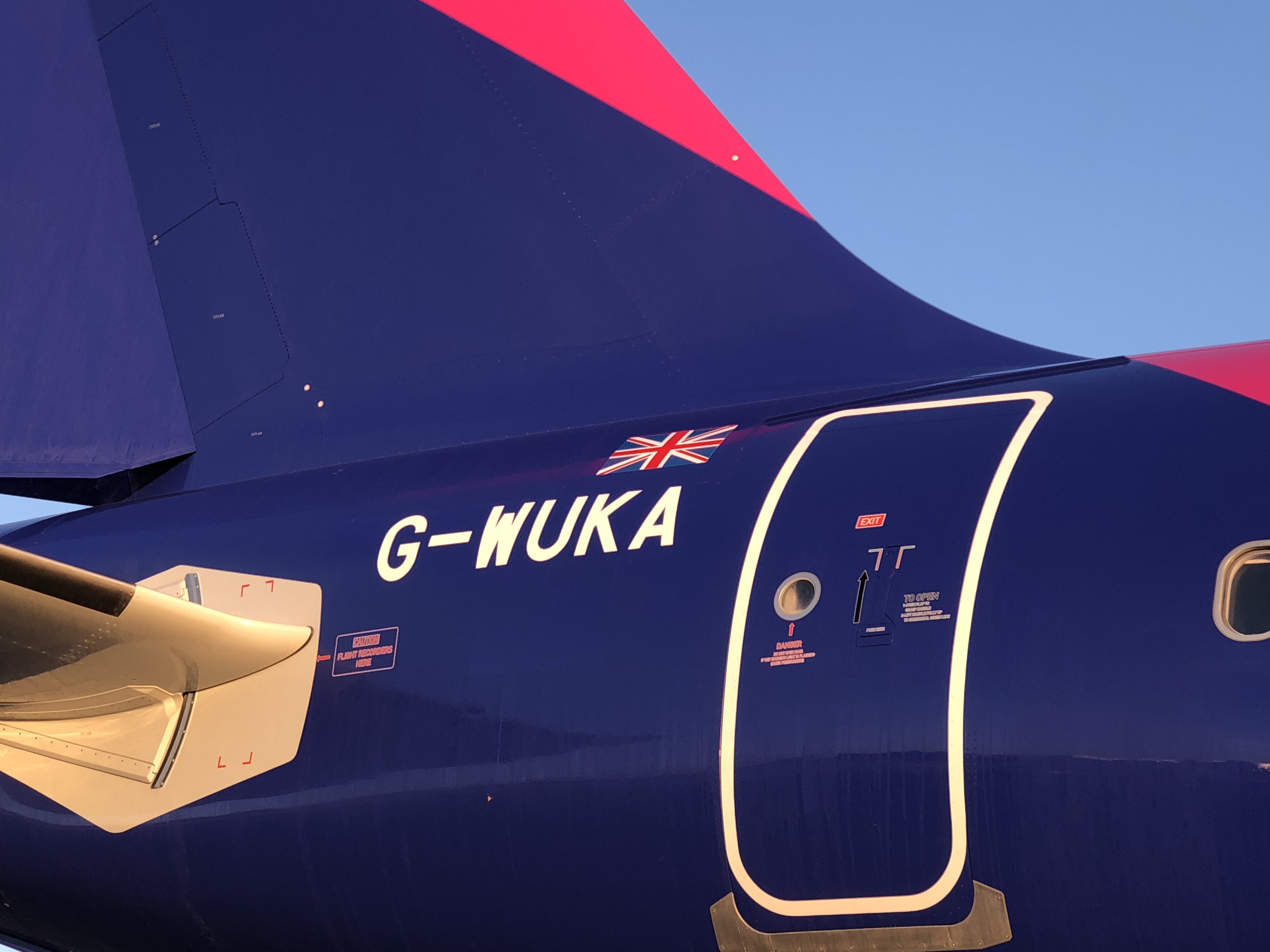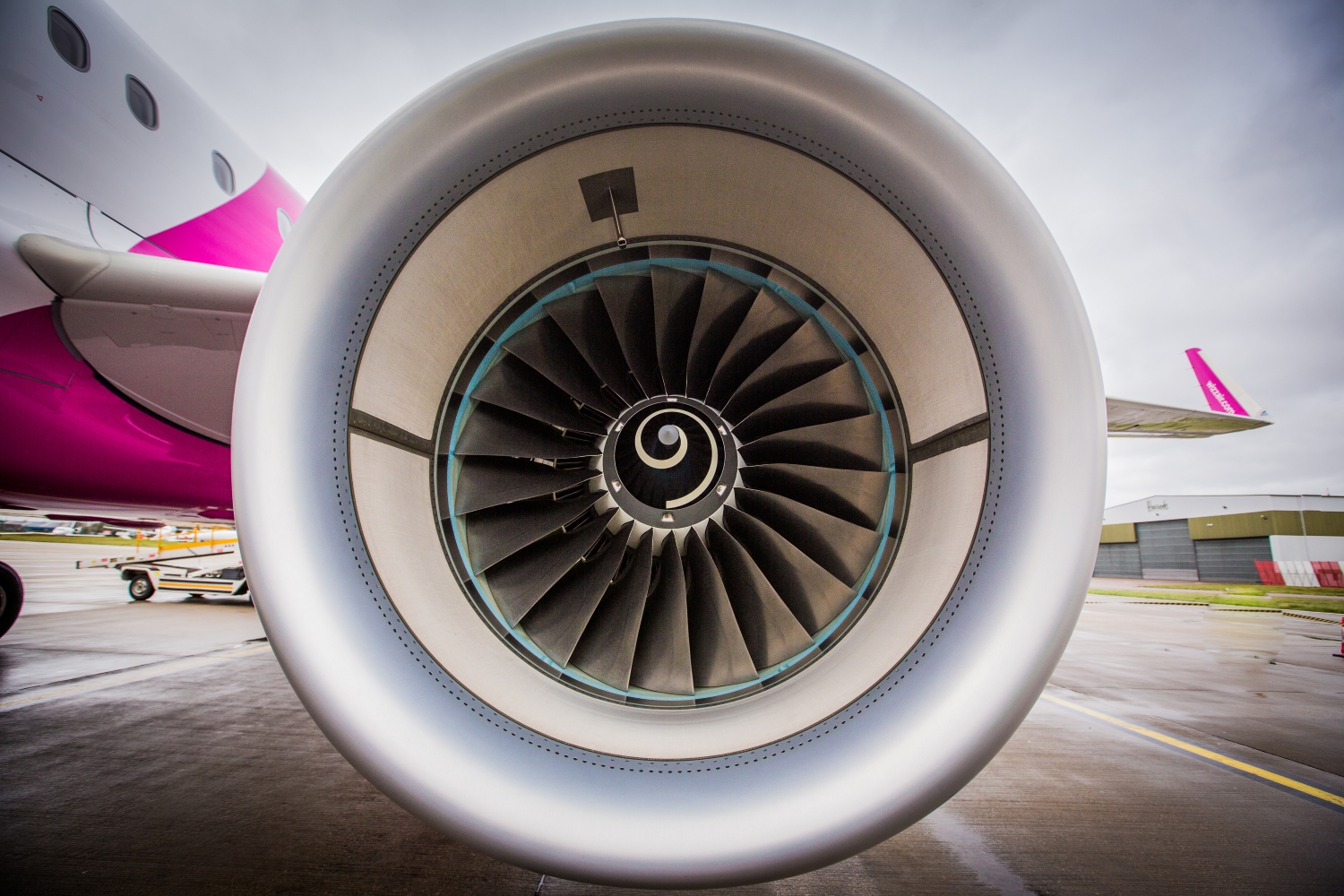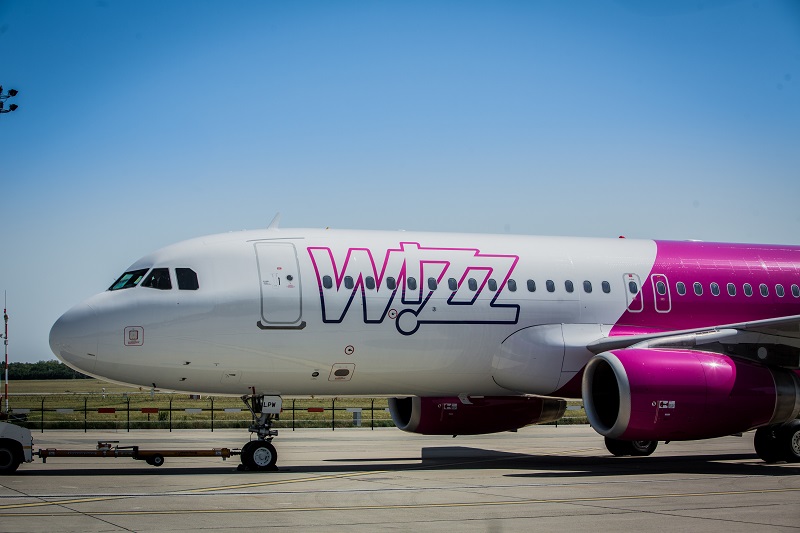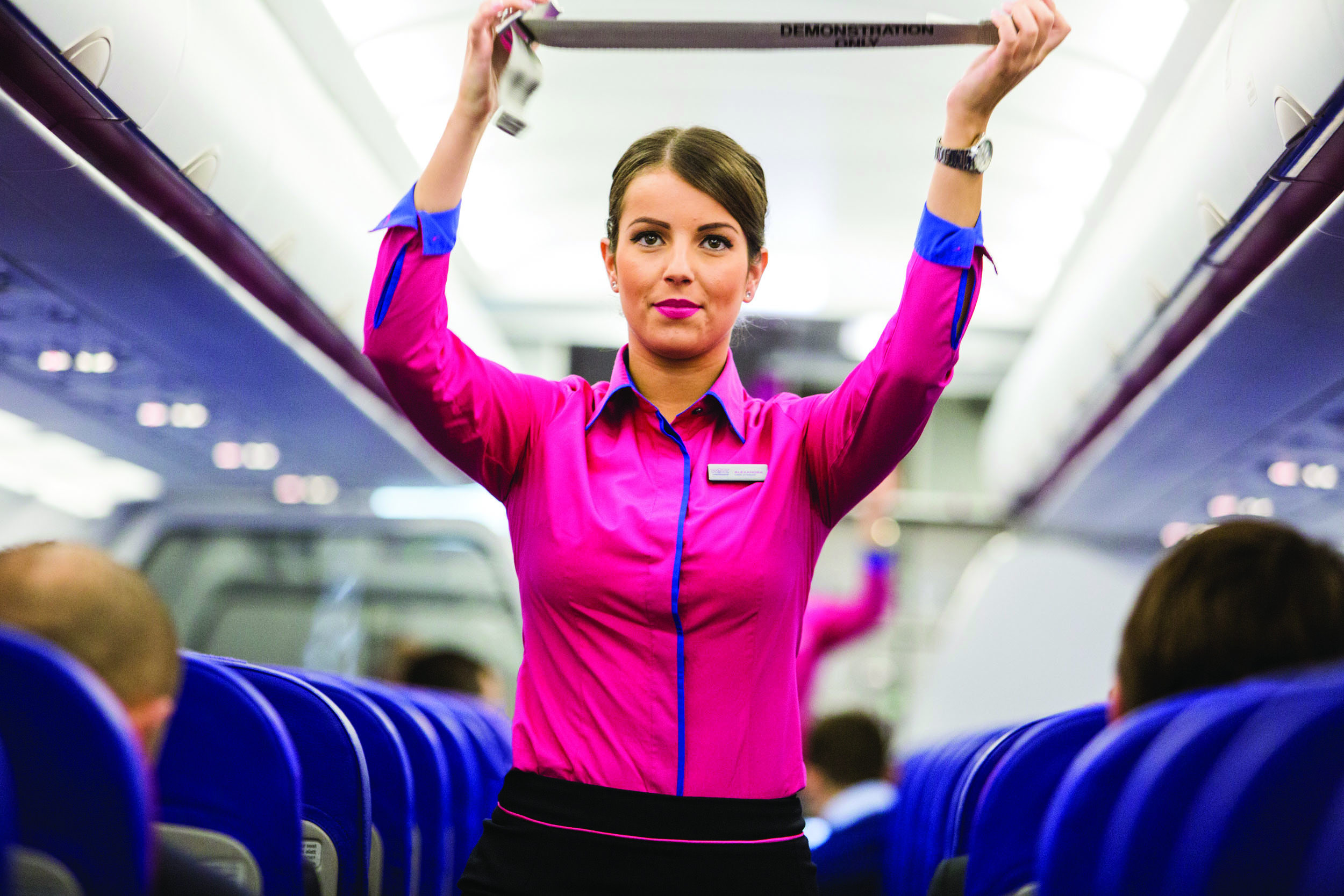
Breaking Travel News investigates: Wizz Air
Passengers on board this morning’s Wizz Air flight from London Luton Airport to Bucharest might not have noticed the difference, but today is a momentous day for the airline.
The departure to the Romanian capital was the first flown by the carrier under its new UK-issued operating licence, firmly establishing its base in Britain.
Come the end of the year, Wizz Air has said it will have eight planes based at Luton, part of an offering of up to nine million seats annually to 74 destinations in 23 countries from nine UK airports.
While today’s development is largely technical, the move does crown a period of rapid expansion for the Hungary-based carrier.
Originally founded to ferry eastern European economic migrants to the west, it has grown over the past 14 years to harbour truly pan-European ambitions.
As József Váradi, chief executive of Wizz Air, explains: “European migration is now less than half of what we do.
“A very significant component is now leisure travel, and we are seeing an increase in business travel as well.
“This is market maturity: we have grown the network, we have a deeper network, and as a result we are more attractive to business travellers.”
With a total of 600 routes from 28 bases, connecting 145 destinations across 44 countries, it is hard to disagree that Wizz Air is now a serious player – and the UK is central to its future.
Váradi continues: “Wizz Air UK will be a fundamental part of the expansion programme – depending on how the market goes,with regard to Brexit, we will do more or less here.
“Whatever happens we remain very excited about the UK.
“Every year over last 14 years, since we started, we have been growing in the UK at doubled digit rates, and I don’t think that is going to change over the next decade.”

An illustration of the airline’s ambition was provided last year, when Wizz placed an order for 146 A320neo family aircraft with Airbus during the Dubai Airshow.
The deal, the largest ever received by Airbus, was part of a joint order alongside the other airlines under the Indigo Partners umbrella.
Split between the A320neo, of which Wizz has ordered 72, and the A321neo, with 74 on order, the planes will allow the carrier to operate a fleet of 300 aircraft by 2026.
At this time, explains Váradi, Wizz hopes to carry 100 million passengers annually and to employ 10,000 staff - in effect tripling the size of the organisation.
“We think this growth will be organic – at a compound annualised growth rate of 15 per cent over the decade,” he adds.
However, Váradi, himself one of the founders of Wizz Air and a former chief executive of Malév Hungarian Airlines, is keen to downplay the relationship with the other carriers in which Indigo Partners has a stake (Frontier Airlines of the United States, JetSMART in Chile, and Mexico’s Volaris).
“We do not work with the other Indigo Partners-owned airlines, certainly not from a commercial perspective,” he explains.
“We do not interline, codeshare, and we are not building a global network – absolutely zero, not even our intention.
“The aircraft order, for the 430 aircraft in Dubai, was the first time we coordinated across the group and that approach can be extended, with engine selection, interiors, for example.
“The approach was very successful – but the fact of the matter is that each of the airlines is signatory to the deal.
“Indigo facilitated the deal, but from a legal perspective, each of the airlines is bound to the contract with the manufacturer.”

So how will the airline fill the planes? The strategy is twofold.
Firstly, Wizz is able to capitalise on its position in eastern Europe, which provides a vast untapped market.
“Eastern Europe has a large population that is underpenetrated and underserved, and we think we have a lot of opportunities here to strengthen our position, to actually create markets here,” continues Váradi.
“Unlike western Europe, it is all about stimulating the market.
“Here 55 per cent of Brits are flying, in Hungary it is 16 per cent – it was four per cent 14 years ago when we started.
“We are trying to bring people into the franchise, into flying, in Hungary, and across all the other countries.
“We have a long way to go and this will remain a core growth strategy for the airline.”
The average passenger on a Wizz Air flight is just 28 – and she will have booked online.
This young, tech savvy customer-base is likely to provide the carrier with a growing stream of passengers in the coming years.
The wizzair.com website and app each receive more than one billion page views per annum, and the carrier only sells through these channels.
Not only does this keep costs down, with no commission for high-street agents or online rivals, it means the carrier has a tremendous digital footprint.
As the millennial generation comes of age, Wizz is well placed to cater to their needs.

The second element of the expansion plan is what Váradi brands the “opportunistic” component.
Following the collapse of Monarch last year, Wizz was able to snap up landing slots at London Luton Airport, a strategy the carrier is keen to follow moving forward.
“We wish to be opportunistic with investment,” he continues.
“I think the vertically-integrated operator tour operator model is going to be put under stress; simply, the world has changed.
“Younger travellers, they do not go to tour operators: for them everything is virtual, everything is online.
“They are much more savvy than previous generations and they will change the dynamic of the industry.
“Like Monarch, you might see some of the other operators in this area come under stress.”
He continues: “At the same time, the other model that will come under stress is the regional model, the in between, regional carriers, such as Flybe and Jet2.
“This is a globalising industry, with a lot of capital, and I just cannot believe that you can be a regional business: European at least and maybe more.
“These airlines do not have the cost base, the efficiency, scale or size to effectively compete.
“I am expecting consolidation from these two areas.”
Wizz is placing itself to benefit from the fallout as the industry merges, picking up opportunities as they arise.
“Consolidating through assets is a far more interesting game than consolidating through businesses.”
However, there is no ambition for an acquisition, with Váradi is quick to rule out a deal for Alitalia or a partnership with any legacy carrier.

Váradi argues only complacency can slow the growth of Wizz Air
He points to airBerlin, which went bust last year, and Norwegian, which is currently in the middle of a long-haul expansion, as examples of carriers which have moved away from their core identity are have paid the price.
Even Ryanair, to some extent, is moving up the value chain, Váradi suggests, leaving space for Wizz Air to expand into.
“I am very thankful to Ryanair – they have kept us on our toes and made us a better airline,” he explains, “but they have changed strategy.”
“We have become more refined, more competitive and more formidable as a result of competing with them.
“Our costs are in their territory, despite being a seventh of their size.
“As we build scale into the system, we will become still more competitive.”
Wizz is only interested in creating value for shareholders, Váradi concludes, arguing this alone can keep the airline rational.
“We are not Etihad Airways, or China Southern, we are aware of the needs of our owners,” Váradi explains, alluding the the inefficient state-owned carriers of Abu Dhabi and China.
With Wizz having seen a doubling of its share prices over the past year, it appears investors have been fully behind the project - and who would bet against them in the future?
More Information
Wizz Air is the largest low-cost airline in central and eastern Europe, operating a fleet of 96 Airbus A320 and Airbus A321 aircraft, and offering more than 600 routes from 28 bases.
The carrier welcomed nearly 30 million passengers in the financial year ended March 2018.
Wizz Air is listed on the London Stock Exchange under the ticker WIZZ.
Find out more on the official website.
Chris O’Toole

